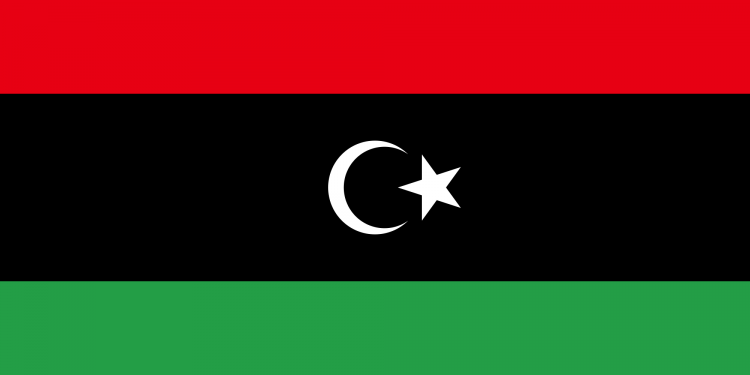The Head of a UN-brokered Libyan unity government, Fayez Serraj, and six members of the Presidential Council arrived in the capital by sea end of March to set up a temporary seat of power in a naval base despite threats from competing factions, according to the unity government’s website, AP informed, cited by US News.
The unity government headed by Serraj was established in December 2015. It is currently facing a daunting array of challenges, and could struggle to impose his will on the Central Bank, the state-run oil company and other institutions.
Western nations view the unity government as the best hope for ending Libya’s chaos and uniting all factions against an increasingly powerful Islamic State affiliate, which has seized the central city of Sirte.
But factions within two other rival Libyan governments, one of which is based in Tripoli, are opposed to the UN-backed body, according to additional information published by the Providence Journal.
In addition, Italian Foreign Minister, Paolo Gentiloni, said that the protracted failure to install a national unity government in Libya might push the international community to bomb Islamic State strongholds in the country. Italy, a former colonial power in Libya and the biggest buyer of its oil and gas, has a strong interest in pacifying the North African country – and also in stemming the flow of migrants that cross over from there to its shores, The Nation informed.
Amidst the ongoing political disputes, Libya is asking the UN Security Council to approve a sanctions exemption for its blacklisted sovereign wealth fund to halt billion-dollar losses caused by ineffective management of frozen assets, according to a letter cited by Reuters. However, diplomats said that the UN SC was reluctant to change the sanctions regime until the oil-rich OPEC member has a stable government.
It is estimated that the country had marked real losses of 1m in 2014 alone, instead of increasing the value of its assets base, Libya’s UN Ambassador, Ibrahim Dabbashi, said, according to recent reports.












